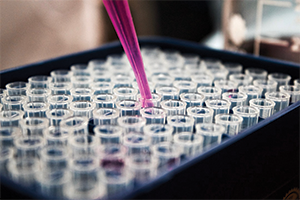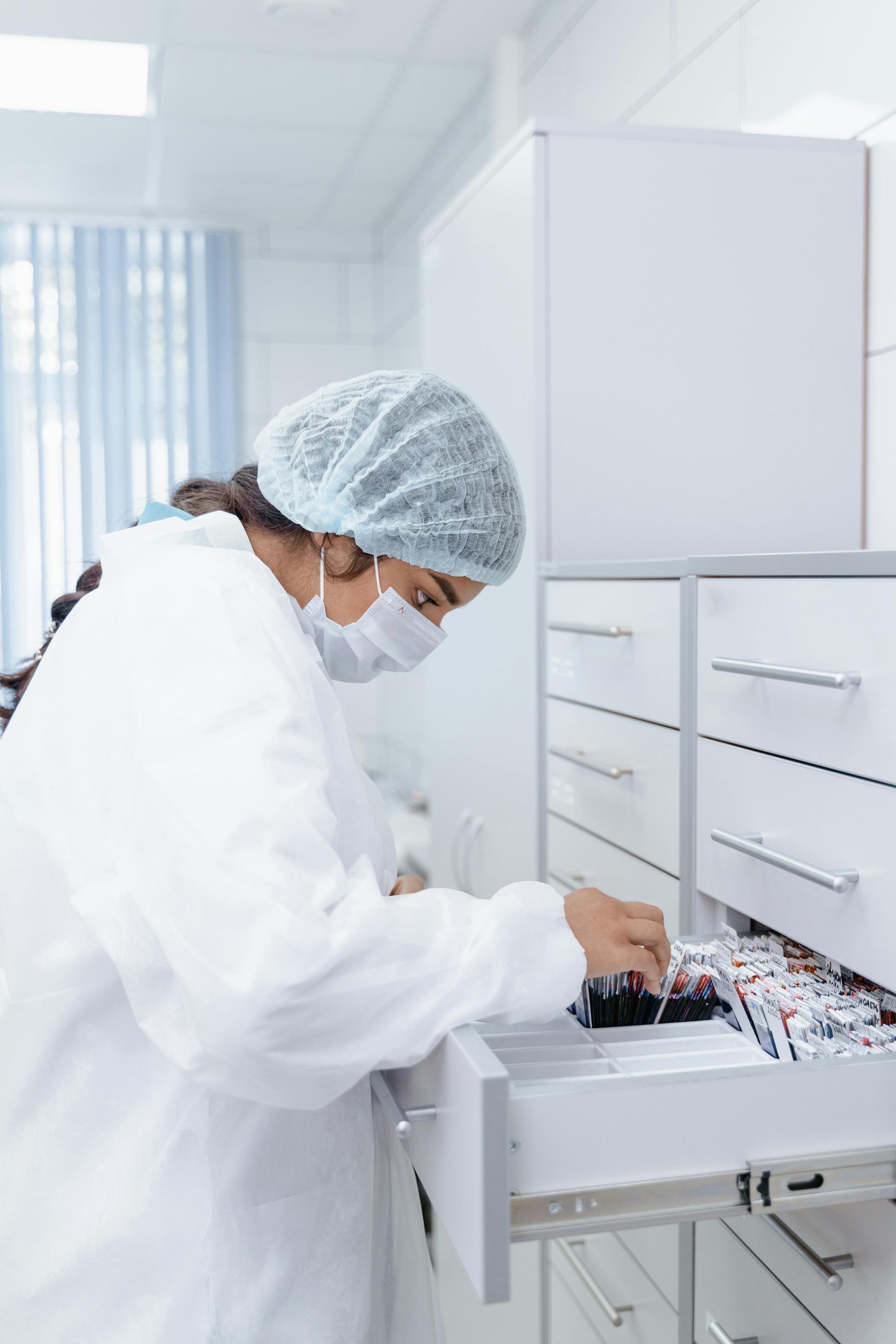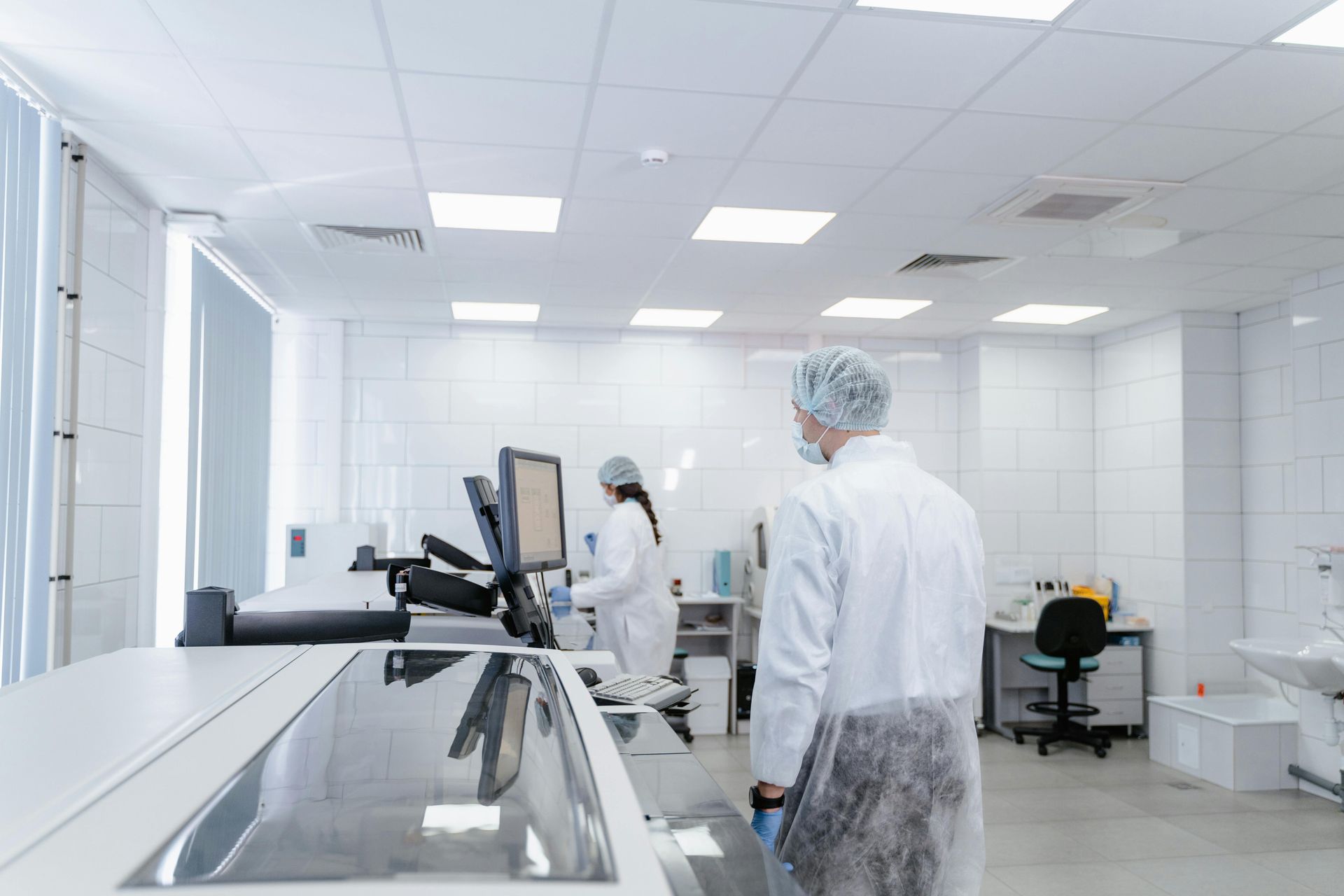MIT Discovers Powerful New Antibiotic Using Artificial Intelligence

Technology is revolutionizing how humanity approaches pharmaceuticals and the discovery of new drugs. Companies in the industry must also study how technological advances are impacting their policies and regulations.
As new developments emerge, the need for professional training grows for pharmaceutical and biotech companies looking to maintain compliance and instill updated knowledge in their staff.
Recently, a deep-learning model allowed researchers at MIT to discover a powerful new antibiotic that could kill several species of bacteria with antibiotic resistance. This machine-learning algorithm was able to clear infections in two different lab mice.
How Did It Work?
The algorithm screened a hundred million different compounds within a few days for the perfect candidate, as well as other potential treatments that called for additional testing. This ability to explore expansive chemical spaces inexpensively was the key to its success.
In fact, the new neural networks can pick up on general patterns automatically. They map molecules into vectors to predict their properties, such as the ability to fight bacteria. This approach is known as “in silico” screening, which has recently become accurate enough to be useful.
The researchers used 1,700 currently-existing, FDA-approved drugs, many additional molecules, and a diverse set of 800 natural products to train the algorithm to find the ones that could both kill E. coli and be non-toxic to human cells. The result was halicin, which proved effective and relatively impervious to antibiotic resistance.
Why Does This Matter?
While additional research and work with the industry are necessary to develop a version of halicin for use in humans, this discovery marks a major milestone in an otherwise barren market for new antibiotics.
Traditional methods for screening these medicines are often expensive and rather narrow in scope. Additionally, extensive antibiotic resistance has contributed to more pathogens to treat. The advent of efficient artificial intelligence will change the way the industry approaches drug development, and pharmaceutical companies can’t afford not to follow the progress.
Other Potential Applications
In only three days, the AI model was also able to screen the ZINC15 database, a massive online collection of chemical compounds. Searching through 100 million different candidates, it identified 23 potential new antibiotics.
The researchers also believe they can use the AI to improve on currently-existing molecules. For instance, they can specify what types of bacteria to kill so that an antibiotic does not kill beneficial bacteria in a patient’s digestive system.
Staying Up to Date with the Center for Professional Innovation and Education
It’s clear that artificial intelligence has a major role to play in the drug discovery process. Companies in this sector need to stay up to date as AI and other technologies flip the industry on its head.
Want to ensure your staff is ready? Consider investing in professional yet convenient training on the topics that matter most. CfPIE offers certification courses for compliance and development in the medical space.
Are you looking to stay up to date on the latest in drug discovery, AI, and more? Check out these courses:
- ADME, PK/TK, and Drug Metabolism in Drug Discovery and Development
- Developability Assessment – The Logical Approach to Discovery Lead Selection
- Development and Validation of Bioanalytical Assays for Biologic
Classes feature industry-active instructors, dynamic learning methods, and a diverse selection of study topics. Businesses cannot afford to overlook this immensely important aspect of employee training.
Have questions about our pharmaceutical training courses? Please call 1-610-648-7550 or email info@cfpie.com.
Blog Categories
Stay Informed


